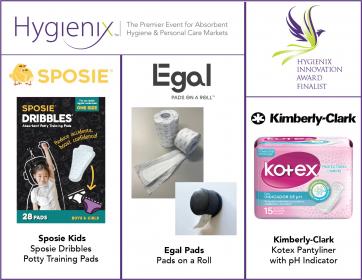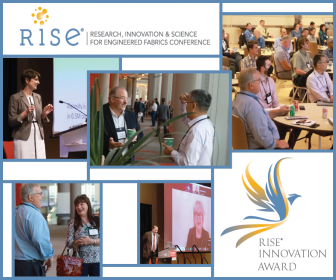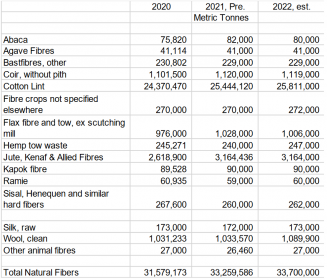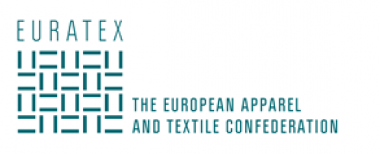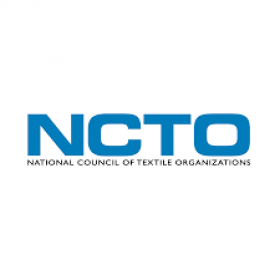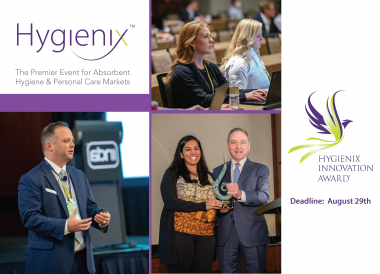Isabella Tonaco Executive Director at SCTI
Sustainable Chemistry for the Textile Industry (SCTI™) has appointed Dr. Isabella Tonaco as Executive Director, effective November 1, 2022. With a mandate to inspire and trigger action at a global level, she will lead SCTI to drive transformational change in the textile and leather industries.
Launched two years ago by seven of the world's leading chemical companies, the SCTI Alliance aims to enable brands, retailers and manufacturers to apply cutting-edge sustainable chemistry solutions that enhance the well-being of factory workers, local communities, consumers and the planet.
Dr. Tonaco will oversee SCTI activities to implement this mission. Based in Germany, she will work with SCTI member companies and stakeholders across the textile and leather value chain to help the industry achieve the highest levels of sustainability. Dr. Tonaco will report to the SCTI Executive Committee.
Dr. Tonaco has more than a decade of experience in sustainability and has held various strategic and commercial roles in the chemical industry. Most recently, she was Vice President of Strategy Execution and Marketing for Renewable Polymers & Chemicals at Neste, a global leader in renewable and circular solutions. Previously, Dr. Tonaco worked for BASF, where she established and executed the company's global leadership position in certified sustainable palm-based ingredients for the Personal Care industry.
SCTI





